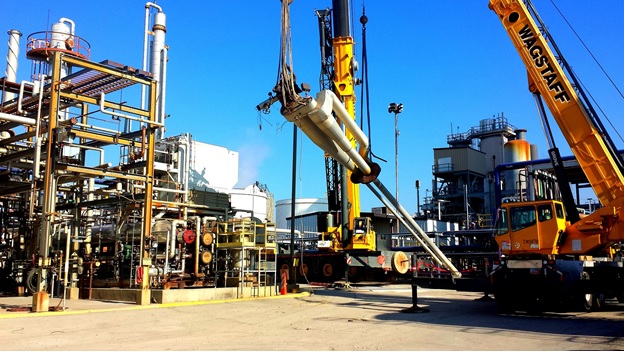If you work for or own an oil or gas company, you’ll most likely need to write production reports. Proper oil and gas reporting is crucial to making sure your company understands how much oil or gas its wells have. Internally, these reports help your company keep track of its oil and gas resources.
However, there are also many external agencies and groups interested in these reports. Not only may your state require you to report your resources to them, but other organizations may use them to determine if your company is a good investment. If investors see that your reports are updated frequently and are accurate, they’ll be more likely to invest in your company.
Keeping track of your oil and gas reservoirs can be a hassle. However, good administrative management can pay dividends to ensure your reports are accurate. If you need help managing your production reports, consider using report automation software or consulting an industry expert.
What is Production Reporting?
A product log is just that: a log of your company’s oil or gas productions. Many larger companies report their production in real-time. However, smaller companies often keep track of the daily output per well or reservoir and create a monthly production report.
Different companies use different production measurements. However, there are generally three measurements used in oil and gas:
- Barrels – Daily oil production rates are usually reported per barrel, often called bpd, b/d, bbl, or bbl/d.
- Cubic Feet – Gas production is usually reported in cubic feet with a standardized temperature and pressure of 60 degrees Fahrenheit. Reports often are abbreviated to mmcf, Bcf, or Tcf.
- Standardization – Other companies may use barrels of oil equivalent, or BOE, as their measurement. This converts gas production to oil production based on an energy-equivalent basis. It is often reported as mcfe.
Why is Reporting Important?
If you don’t keep track of your production, you won’t track how much oil or gas you create. When you know how much oil or gas you produce, you can better understand which reservoirs are producing more than others.
Additionally, your potential investors will look at this data to determine whether they think your company is a wise investment. As such, it’s essential to make sure these logs are detailed and accurate.
Governmental agencies, including the U.S. Energy Information Association, require companies to report their productions. This helps them track the environmental impact of your production wells. How often you need to report your production may vary by state, but most agencies will require you to report annually.
Production Report Details
Most production reports are simple spreadsheets that track well or reservoir production per month. However, your company may report more or less often. No matter how often your company reports, you will need to know how much oil or gas you’ve produced daily.
If your company reports monthly totals instead of daily ones, be sure you are keeping track of daily totals elsewhere. Consider creating spreadsheets that have multiple tabs for each reservoir so you can easily access daily production data.
Automating Production Reporting
Knowing daily production numbers is crucial to producing an accurate official report. If you have a small staff, keeping track of daily production can be difficult. If your team struggles with production reporting, consider outsourcing back-office services for oil and gas.
Outsourcing production reporting can help you save time and money while also increasing the accuracy of your reports. Doing so also helps ensure you’re following any state regulations. A dedicated production reporting agency can navigate which agencies you need to report your production to and how often they require you to send in your production reports. Failing to report to the correct agencies can result in fines or breaking state or local laws.
Outsourcing agencies can also help you determine if automated reporting software can help you eliminate human error and better track your production. An automated reporting process can solve common issues when working the spreadsheets, such as broken Excel formulas or formatting issues.
Simplifying Production Reporting
Every oil and gas company needs to write production reports. These reports keep your company organized and keep external stakeholders informed about your production. While it may be tedious to keep track of production, you can simplify the process by investing in automated reporting software. To help you choose which software is best for your company and ensure your company reports data accurately, hire a dedicated agency to help you track and report your production totals.
